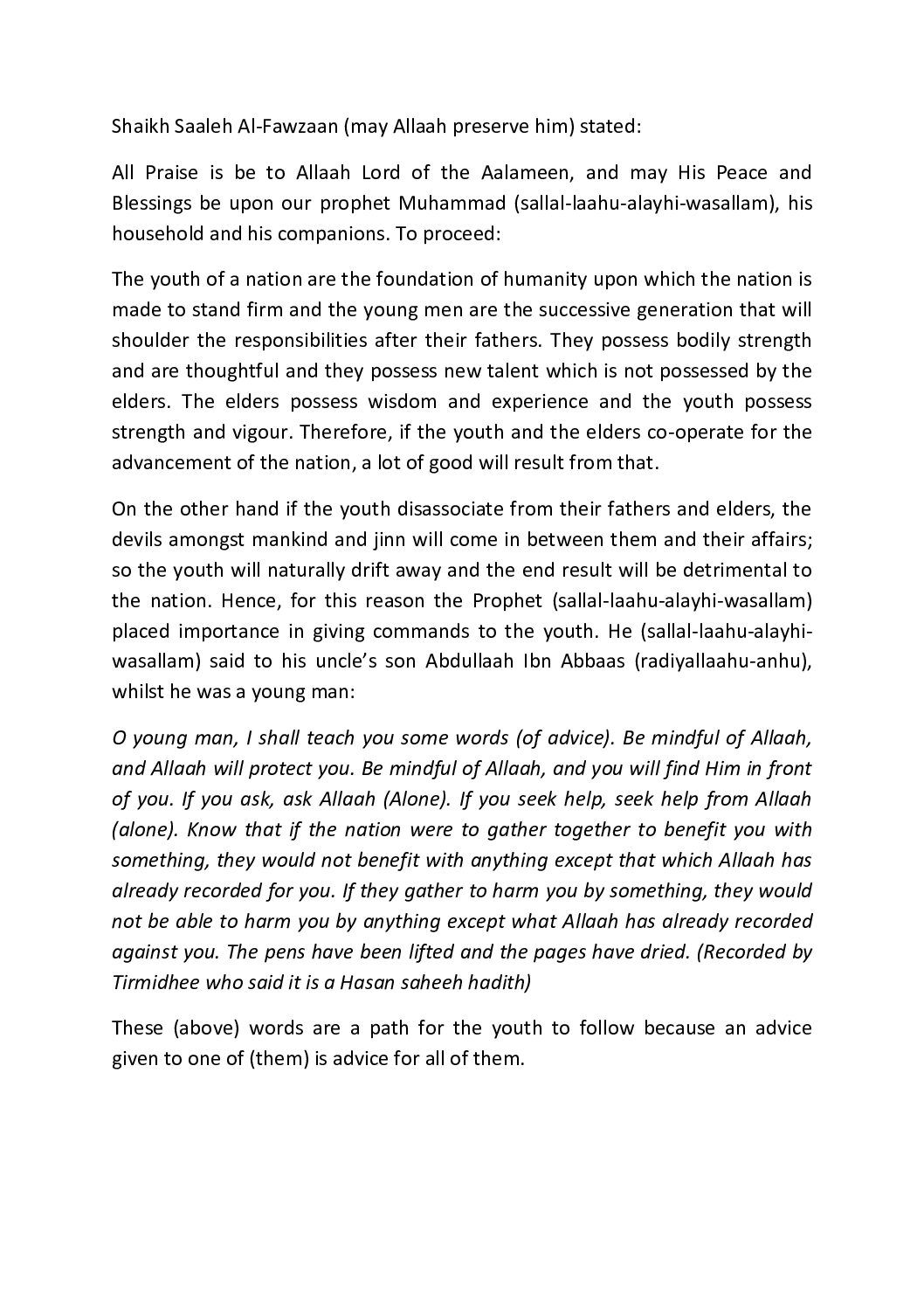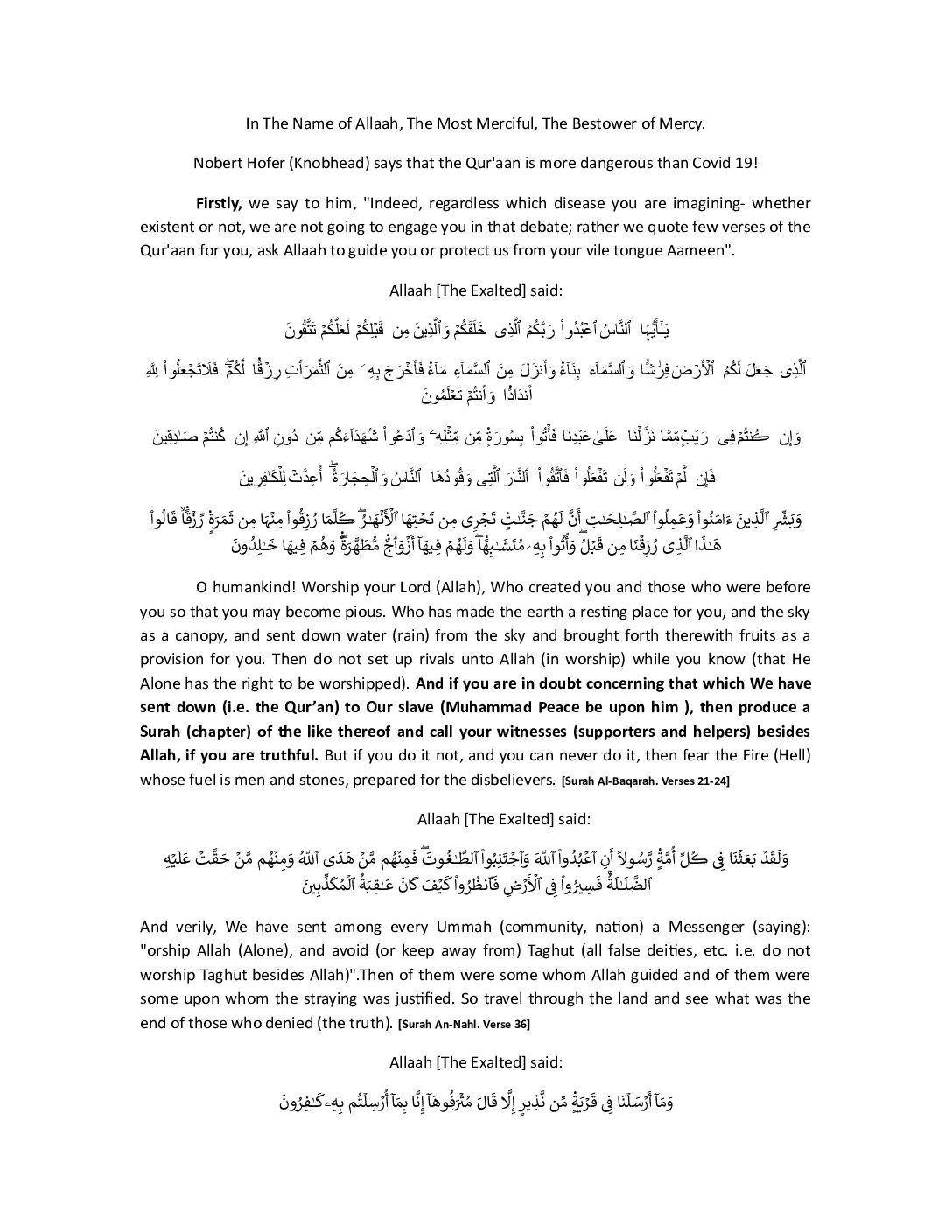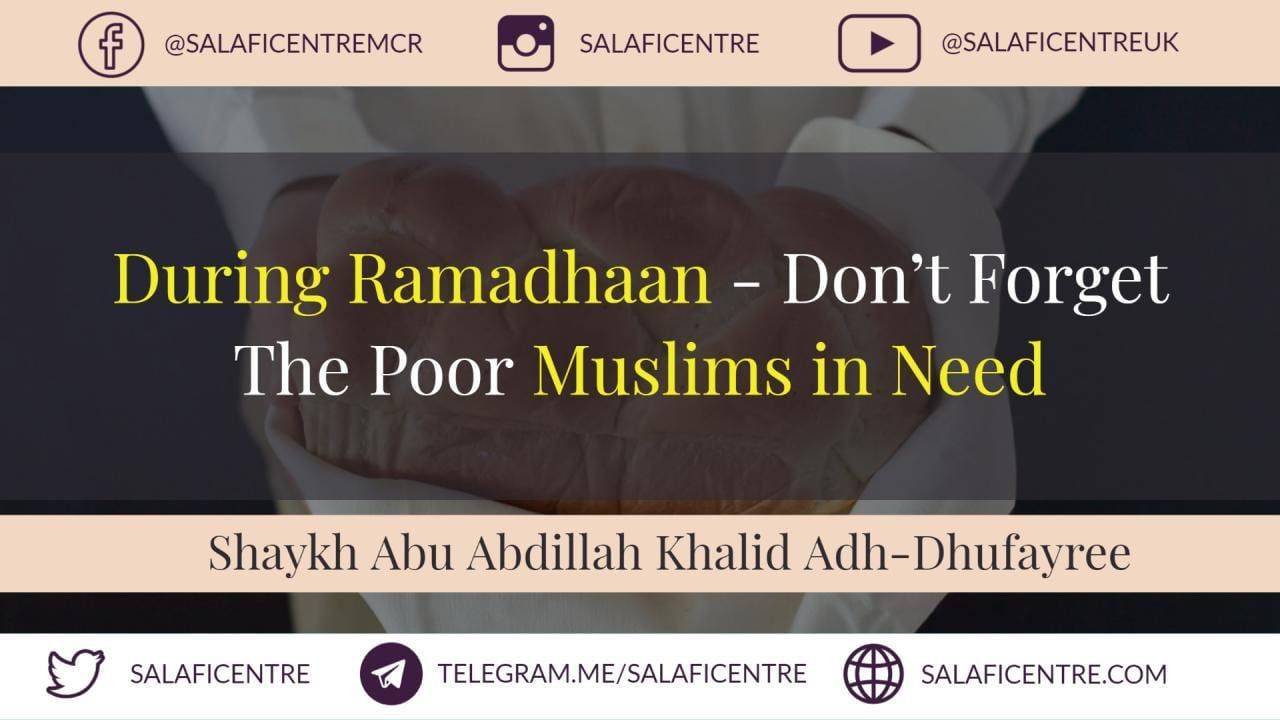Benefits from Shaykh Hasan Marzooq Al-Banna -حفظه الله-
بسم الله الرحمن الرحيم
السلام عليكم
Inshaa Allah we will share some advice and benefits taken from tonight’s lesson on the 20th night of Safar 1434 corresponding with the 1st of January 2013, with Shaykh Hasan Marzooq Al-Banna -حفظه الله و جزاه الله خيرا-
The Shaykh -حفظه الله- said:
"Fear Allah and have Taqwa of Allah regardless of where you are, and not just when you are in the Masjid, just as the Messenger of Allah said:
“Fear Allah where ever you are”
Saheeh Al Jaami’ As Sagheer Al Albani
The Shaykh -حفظه الله-
was asked what harms and prevents a student of knowledge attaining ilm; from his answers the Shaykh said
“Bad mannerisms and laziness in acts of worship”
The Shaykh -حفظه الله- answered a question pertaining to the UK and after consultation, told the people to refer back to Al-Athariyyah and Al-Masjid As-Sunnah in London, Al Masjid As-Salafi in Birmingham and Al Markaz As-Salafi in Manchester.
A brother said I have not studied Islamic knowledge for a long time where should i start?
(Paraphasing) The Shaykh -حفظه الله-replied:
Begin with the Usool, study the likes of Al-Usool Ath-Thalaatha and Al-Qawaaidul Arba’a and Al-Usool As-Sitta, start with the small books which will strengthen and build your foundations and give you the Usool that you need.
The final benefit we will mention is that
the Shaykh -حفظه الله- said:
“The Truth is One, The Usool (of Ahlul-Sunnah) are one and they do NOT change.”











